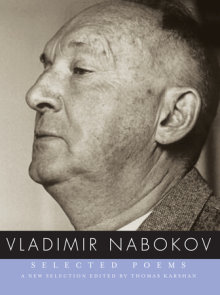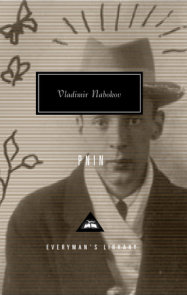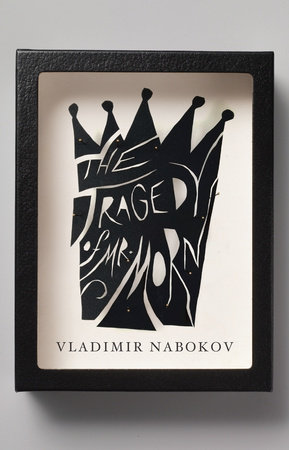

The Tragedy of Mister Morn
By Vladimir Nabokov
Introduction by Thomas Karshan
Translated by Anastasia Tolstoy and Thomas Karshan
By Vladimir Nabokov
Introduction by Thomas Karshan
Translated by Anastasia Tolstoy and Thomas Karshan
By Vladimir Nabokov
Translated by Thomas Karshan and Anastasia Tolstoy
By Vladimir Nabokov
Translated by Thomas Karshan and Anastasia Tolstoy
Part of Vintage International
Part of Vintage International
Category: Performing Arts | Literary Fiction
Category: Performing Arts | Literary Fiction

-
$15.00
Dec 03, 2013 | ISBN 9780307950666
-
Mar 19, 2013 | ISBN 9780307960801
YOU MAY ALSO LIKE
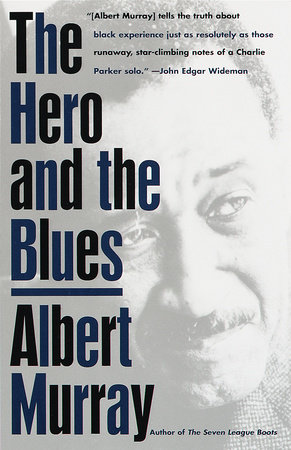
The Hero And the Blues
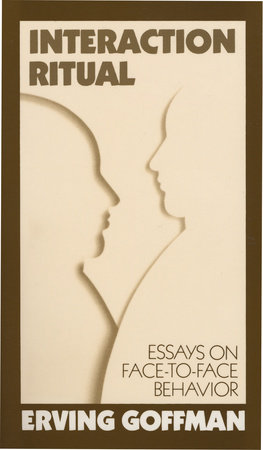
Interaction Ritual
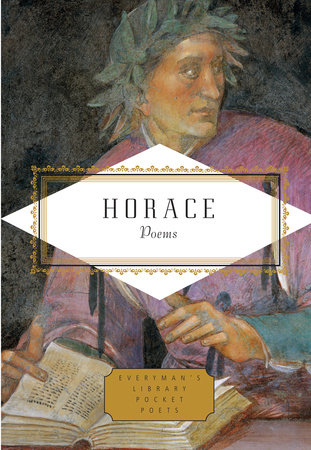
Horace
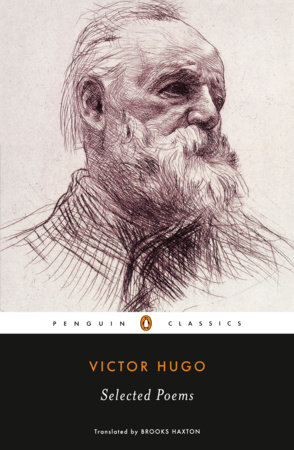
Selected Poems
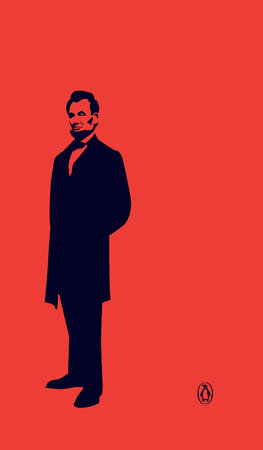
Lincoln on the Civil War

Aphorisms
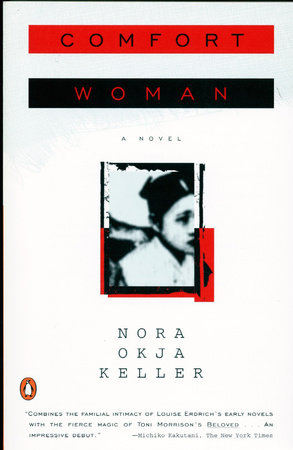
Comfort Woman
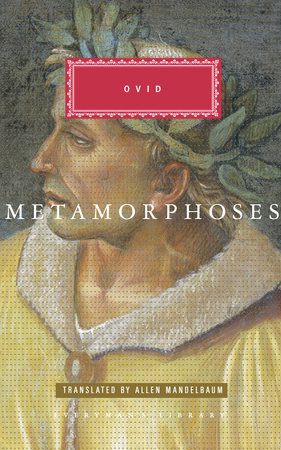
The Metamorphoses
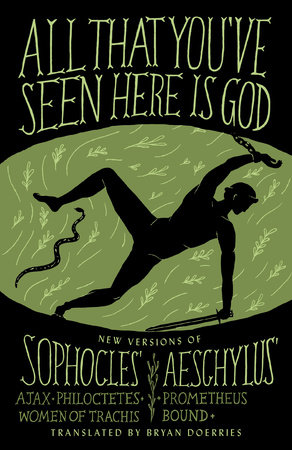
All That You’ve Seen Here Is God
Praise
“An extraordinary confection of a play about happiness and its enemies. . . . Mister Morn pulses with verbal brilliance. . . . It puts us in the head of eternal Nabokov.” —Times Literary Supplement (London)
“A road map to what this dazzling sorcerer of words would later create.” —New York Times
“Its speeches are bright with Nabokovian gems. . . . Mister Morn [is] enticingly predictive of Nabokov’s great work. The flutter of magic, the avuncular twinkle, the B-movie danger—it’s all here.” —The New Yorker
“If the unfinished novel The Original of Laura revealed to the world the last embers of Nabokov’s genius, The Tragedy of Mister Morn shows the first sparks of brilliance that would evolve in later works such as Pale Fire. But . . . Morn also shows that instead of just hiding historical material, Nabokov utterly transforms it through the prism of theater.” —Los Angeles Review of Books
“A whimsical, largely allegorical tragicomedy. . . . As in much of Nabokov, love is both necessary and impossible, a delicious and inescapable torture. . . . Nabokov explores more fully and explicitly than he ever would again what he saw as the origins of the revolutionary impulse in a death-instinct and passion for destruction.” —The New Republic
“Contains swerving turns of phrase and ringing contrasts that hint at the glorious writing of the mature Nabokov. . . . The story of revolt for revolt’s sake is powerful, and the play’s strength is how it dramatizes this excruciating truth.” —Booklist
“A kind of primer to Nabokov’s later work, an index of the motifs and preoccupations that will surface again and again: the elusiveness of happiness, the beauty of the world, the stubborn fact of death, the transformative possibilities of art, and the blurring of reality and make-believe. . . . Loss and death are the two electrical currents that run beneath his polished, magical prose, and those themes—as well as the subject of revolution and its consequences—are the animating forces behind his first major work.” —New York Times
“The dynamism of the play’s romantic relationships makes it a firmly modernist work. . . . An intriguing riff on Elizabethan drama.” —Kirkus Reviews
“A gem. The imagery is stunning, metaphor opening out of metaphor. . . . It is visionary and musical. . . . In theme and texture it gives little sense of being early work. With a text whose lexicon seems to contain so many of the novels to come, from Bend Sinister to Laughter in the Dark and Transparent Things, it puts us in the head of eternal Nabokov.” —Times Literary Supplement (London)
21 Books You’ve Been Meaning to Read
Just for joining you’ll get personalized recommendations on your dashboard daily and features only for members.
Find Out More Join Now Sign In











